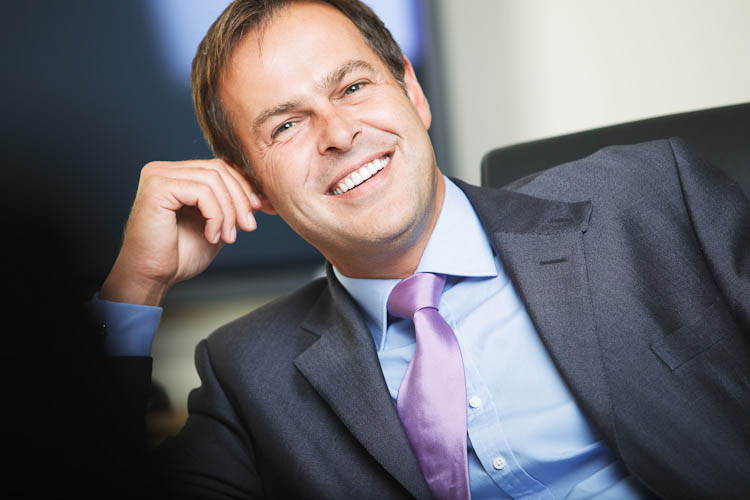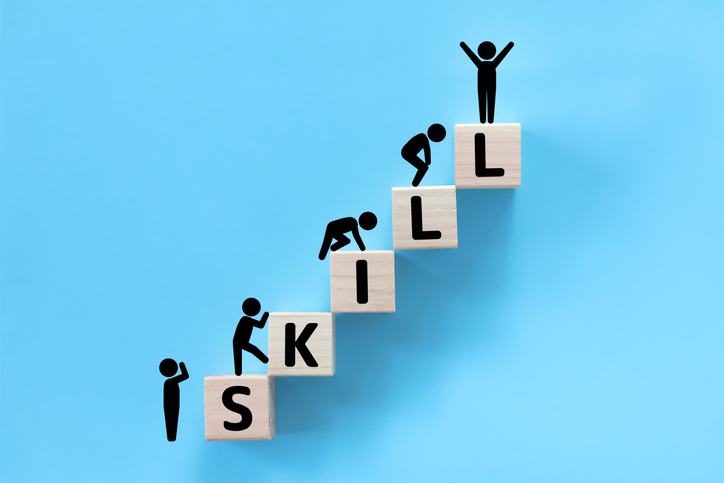Star of Dragons’ Den Peter Jones is launching a new campaign to foster young entrepreneurs, by rolling out his ‘Tycoon in Schools’ competition into primary schools across the UK for the first time.
The entrepreneur says that children will play a critical role in defining Britain’s future prosperity, and wants to inspire children to ‘dream big’ and believe in their creative potential.
Neil Westwood, founder of Magic Whiteboard feels it is really important that young people consider going into business, as most youngsters, in his view, are channelled into going into University and getting into £50,000 debt.
After his company raised money through a successful pitch on Dragons’ Den, Westwood started doing talks at local schools in Worcester, primary and high schools and sixth form. ‘I talk about Dragons’ Den to get people interested, explain the critical success factors, market size, the importance of keeping costs low, and profit.’
Westwood started to get more requests from schools, but he still had to run his company, so then decided to do talks via Skype to save travelling time.
Entrepreneurial thinking: aged six
A keen recipient of Westwood’s talks would have been Barnaby Lashbrooke, founder of virtual assistant platform Time Etc, who says he first showed entrepreneurial tendencies when he was about six. ‘I sold the fishing rights to my parents’ pond to the other kids in my street and charged them a pound each. My parents never knew,’ he says.
Lashbrooke says he never actually had a moment when he thought, ‘Right, I’m going to run my own business’; it just happened. ‘I wanted to be all the stereotypical things boys want to be: a policeman, a digger driver, a pilot, and I almost joined the Navy. Then I developed a passion for computers and turned by hobby into a web hosting business when I was only 17. I sold it when I was 24.
‘Age is not a barrier to entrepreneurialism,’ he says. ‘In fact, it’s the opposite. You have no concept of your own boundaries, and you’re completely fearless. As you get older you get more risk averse. Kids also have the creativity and imagination that adults are always desperate to find again.’
Inspiring the next generation
Adults with enterprising mindsets can be a positive influence on their kids. Bonnie Church, founder of Church PR, ran a software company with her husband for ten years, meaning her son Adam grew up in an entrepreneurial environment.
She says that 11-year-old Adam has invented a currency at school where he trades in bottle tops for unwanted lunch box items. ‘I was a bit shocked to hear this but he has it all worked out and his classmates have all adopted it!’
He’s also fascinated by ants, Bonnie says. After finding a field full of ant nests, Adam drew up a plan to dig up the nests, put them into suitable containers that he’d sourced cheaply and sell them online. It’s an innovative solution to a problem the youngster encountered; Adam has been ordering ants online from suppliers but they often die in transit, due to being out of their nests.
‘The farmer that owns the field is pleased to see the ant nests being cleared and Adam has researched every aspect of ant care, so he can make a good website to retail from.





